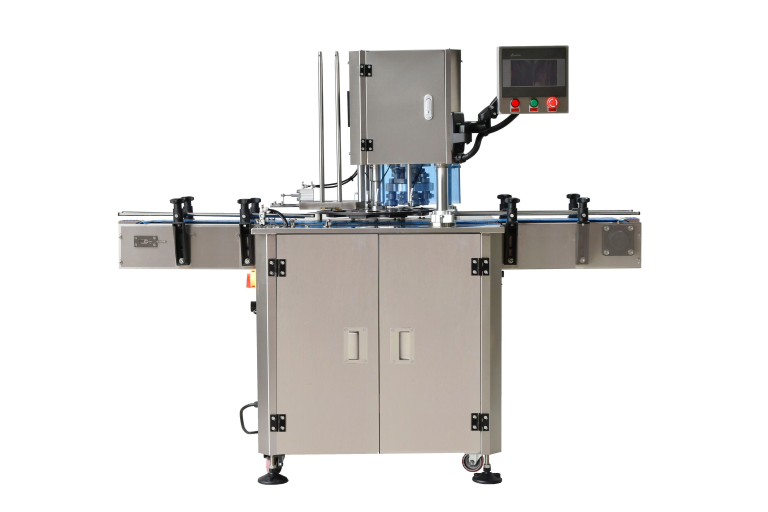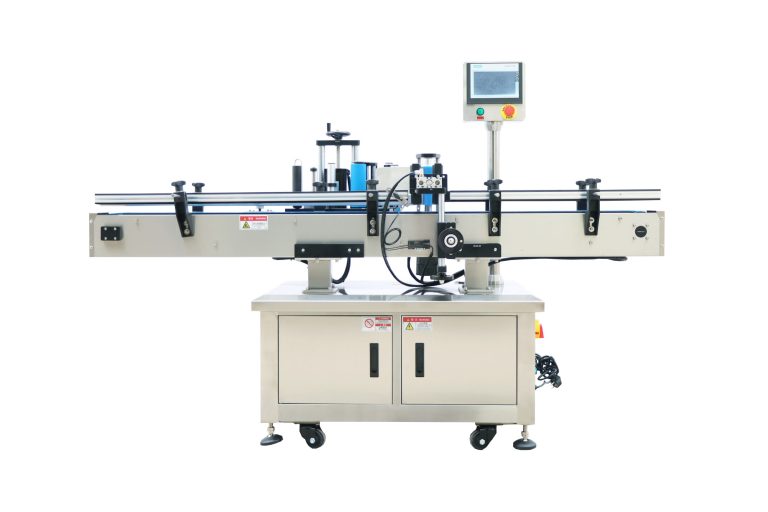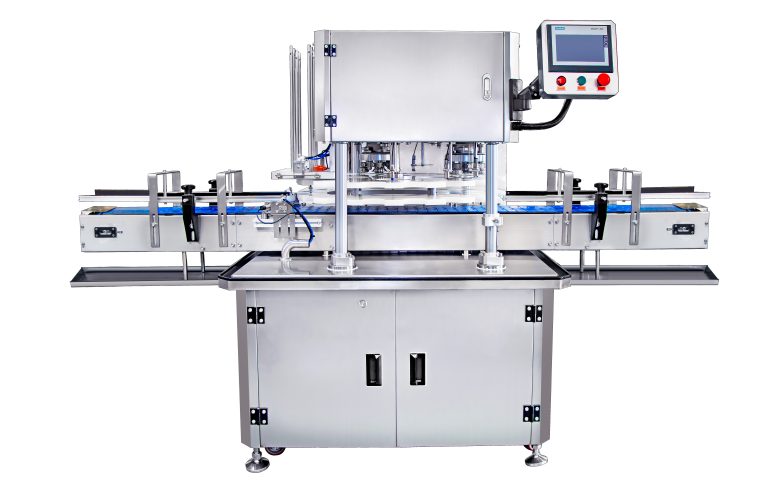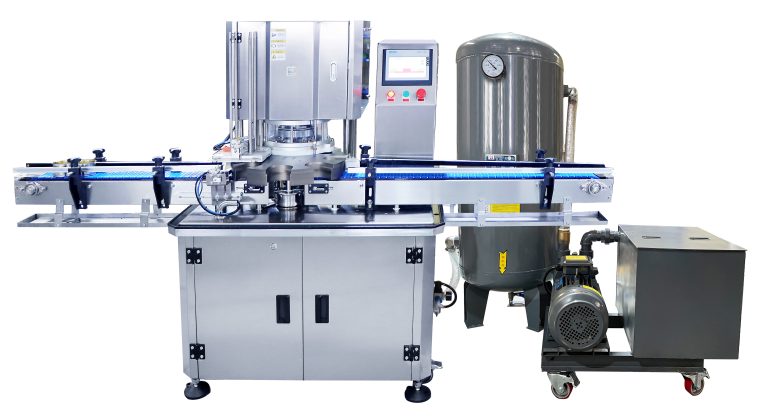Table of Contents
Benefits of Investing in a 2.5KG Milk Powder Canning Line
Investing in a 2.5KG milk powder canning line can bring numerous benefits to dairy producers and manufacturers. This specialized equipment is designed to efficiently package milk powder into convenient and marketable containers, making the production process more streamlined and cost-effective.
One of the key advantages of investing in a 2.5KG milk powder canning line is the increased production capacity it offers. With this equipment, dairy producers can package larger quantities of milk powder in a shorter amount of time, allowing them to meet the demands of a growing market. This can help companies increase their overall output and expand their customer base, ultimately leading to higher profits and business growth.
In addition to increased production capacity, a 2.5KG milk powder canning line can also improve the quality and consistency of the packaged product. By automating the canning process, this equipment helps to minimize human error and ensure that each container is filled accurately and sealed properly. This can result in a more uniform product that meets the highest standards of quality and safety, enhancing the reputation of the brand and building trust with consumers.
Furthermore, investing in a 2.5KG milk powder canning line can lead to cost savings for dairy producers. By streamlining the packaging process and reducing the need for manual labor, this equipment can help companies lower their production costs and improve their overall efficiency. This can translate to higher profit margins and a more competitive position in the market, allowing businesses to invest in other areas of growth and innovation.
Another benefit of a 2.5KG milk powder canning line is its versatility and flexibility. This equipment is designed to handle a wide range of container sizes and packaging configurations, allowing dairy producers to adapt to changing market trends and consumer preferences. Whether packaging individual servings or bulk quantities, this canning line can accommodate various packaging needs, making it a valuable asset for companies looking to diversify their product offerings.
Additionally, investing in a 2.5KG milk powder canning line can help companies meet regulatory requirements and industry standards. By automating the packaging process and implementing strict quality control measures, this equipment can ensure that each container meets the necessary safety and labeling requirements. This can help companies avoid costly fines and penalties, as well as protect the reputation of their brand in the marketplace.
Overall, investing in a 2.5KG milk powder canning line can bring numerous benefits to dairy producers and manufacturers. From increased production capacity and cost savings to improved product quality and regulatory compliance, this equipment offers a range of advantages that can help companies succeed in a competitive market. By making this investment, dairy producers can position themselves for long-term success and growth in the industry.
How to Optimize Production Efficiency on a 2.5KG Milk Powder Canning Line
In the food industry, optimizing production efficiency is crucial to meet the demands of consumers and stay competitive in the market. One area where efficiency can be improved is on a 2.5KG milk powder canning line. By implementing certain strategies and best practices, manufacturers can increase output, reduce downtime, and improve overall performance.
One key factor in optimizing production efficiency on a milk powder canning line is proper maintenance of equipment. Regular maintenance checks and servicing can help prevent breakdowns and ensure that the machinery is running smoothly. This can help minimize downtime and keep production on schedule. Additionally, keeping spare parts on hand can further reduce downtime in the event of a breakdown.
Another important aspect of optimizing production efficiency is ensuring that the line is properly set up and calibrated. This includes making sure that the equipment is running at the correct speed, that the canning process is consistent, and that the packaging is accurate. By regularly monitoring and adjusting these settings, manufacturers can ensure that the line is operating at peak efficiency.
In addition to equipment maintenance and calibration, it is also important to train staff properly. Well-trained operators can help identify and address issues quickly, reducing downtime and improving overall efficiency. Regular training sessions can help keep operators up to date on best practices and new technologies, ensuring that the line is running at its full potential.
Furthermore, implementing automation and technology can also help optimize production efficiency on a milk powder canning line. Automated systems can help streamline processes, reduce human error, and increase output. For example, automated filling and sealing machines can help speed up the canning process and improve accuracy. Additionally, implementing sensors and monitoring systems can help identify issues before they become major problems, further reducing downtime.

Overall, optimizing production efficiency on a 2.5KG milk powder canning line requires a combination of proper maintenance, calibration, training, and technology. By implementing these strategies and best practices, manufacturers can increase output, reduce downtime, and improve overall performance. This can help meet consumer demands, stay competitive in the market, and ultimately increase profitability.
In conclusion, optimizing production efficiency on a milk powder canning line is essential for success in the food industry. By focusing on equipment maintenance, calibration, staff training, and technology, manufacturers can improve output, reduce downtime, and enhance overall performance. By implementing these strategies, manufacturers can stay competitive in the market and meet the demands of consumers.







